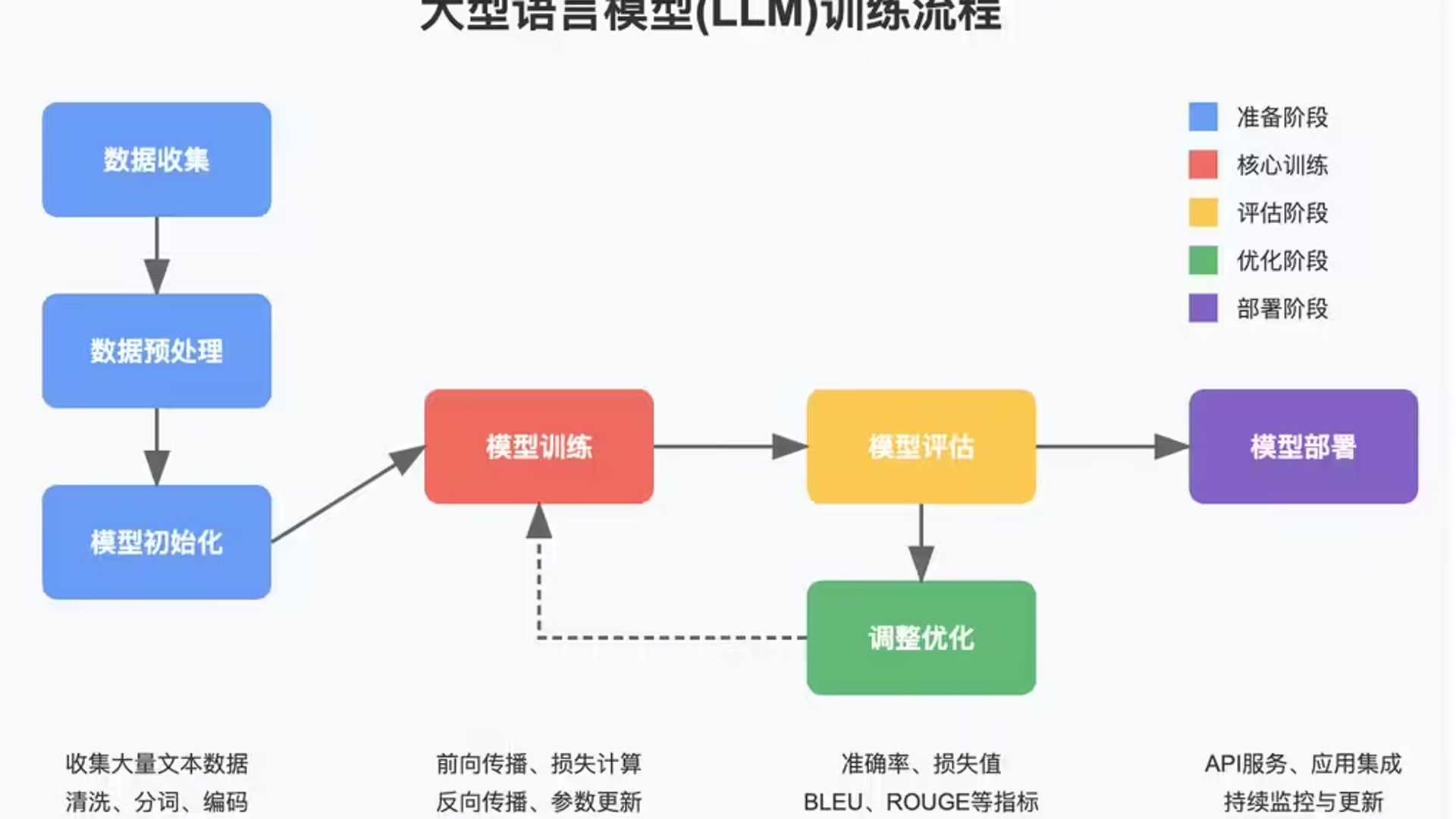What is AI? How artificial intelligence technology like ChatGPT and More are Shaping Our Future
Artificial intelligence (AI) is rapidly evolving, and its presence is becoming increasingly prevalent in our daily lives. From virtual assistants like Apple's Siri and Google's Alexa to customer service chatbots, AI technology is all around us. But what exactly is AI, and how is it being used?
AI refers to the simulation of human intelligence in computers or machines, allowing them to think and learn like humans. This technology is capable of performing a wide range of tasks, including visual perception, speech recognition, decision making, and language translation.
ChatGPT: Revolutionizing AI Technology
Within the University of Pennsylvania's School of Engineering and Applied Science, professor Chris Callison-Burch showcased ChatGPT, a groundbreaking AI system that is changing the way we interact with technology. ChatGPT allows users to generate images simply by providing a text prompt. For example, by entering "robot sitting at desk working," users can instantly see images materialize before their eyes.

But ChatGPT's capabilities extend far beyond image generation. Professor Callison-Burch demonstrated how the system can be used to script movies, create lifelike characters, and even assist with everyday tasks such as presentation planning and idea generation.
As Professor Callison-Burch pointed out, experimenting with AI technologies is essential for everyone, as AI is poised to become an integral part of our daily lives. While some AI tools are freely available, others may require subscriptions or a combination of both. Ultimately, familiarity with AI technology is becoming increasingly important in various professions.
The Rise of Generative AI: Opportunities and Challenges
Generative AI, such as ChatGPT, holds tremendous potential for creating new content, ranging from text to images to music. However, this advanced technology also poses unique challenges and risks. Unlike traditional AI, which excels at specific tasks, generative AI is designed to learn, adapt, and make decisions autonomously.

One of the key concerns surrounding generative AI is the potential for misinformation and "deepfakes." These manipulated images and videos can be used to deceive individuals, influence elections, and spread disinformation. As Professor Michael Kearns cautions, it is crucial to approach generative AI with caution, especially when it comes to sensitive tasks like financial transactions.
Moreover, issues of bias, discrimination, and ethical decision-making are at the forefront of AI development. Legislators in Pennsylvania and other states are already taking steps to regulate the use of AI technology and address these complex challenges.

As we navigate the ever-changing landscape of AI technology, it is essential to remain informed, vigilant, and proactive in shaping the future of artificial intelligence.




















